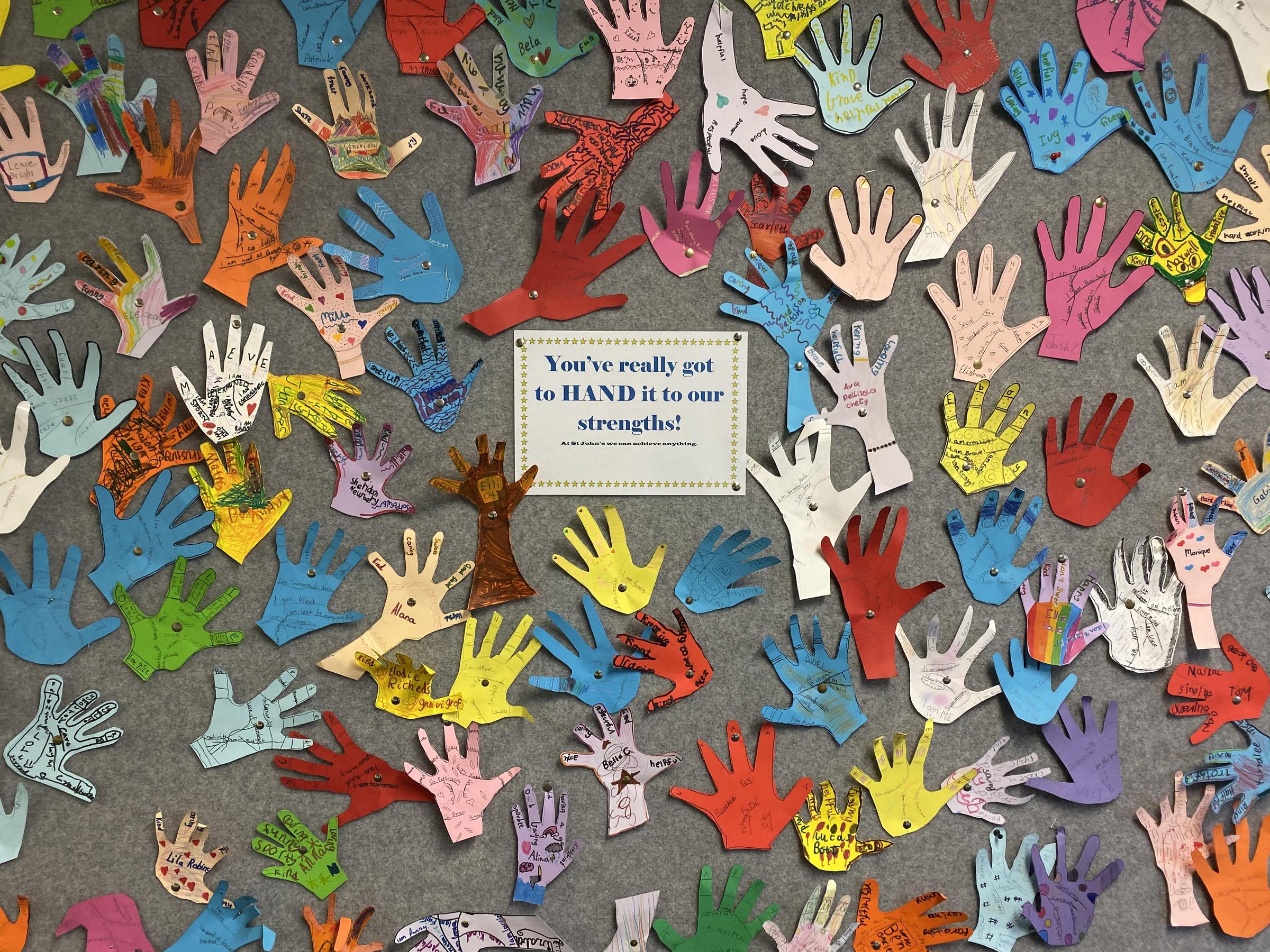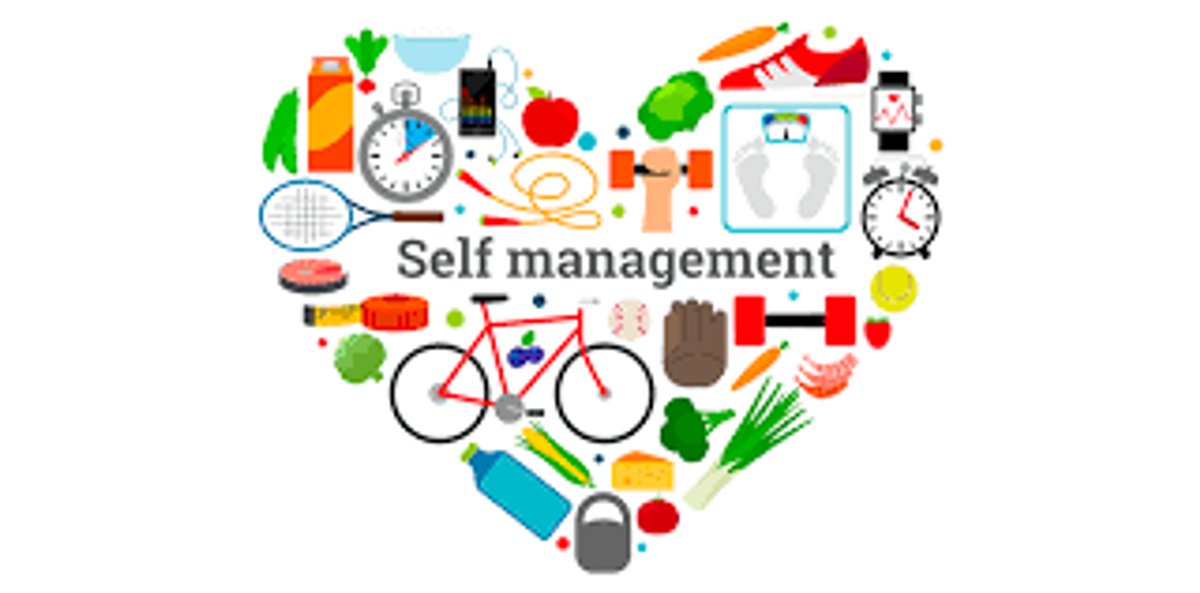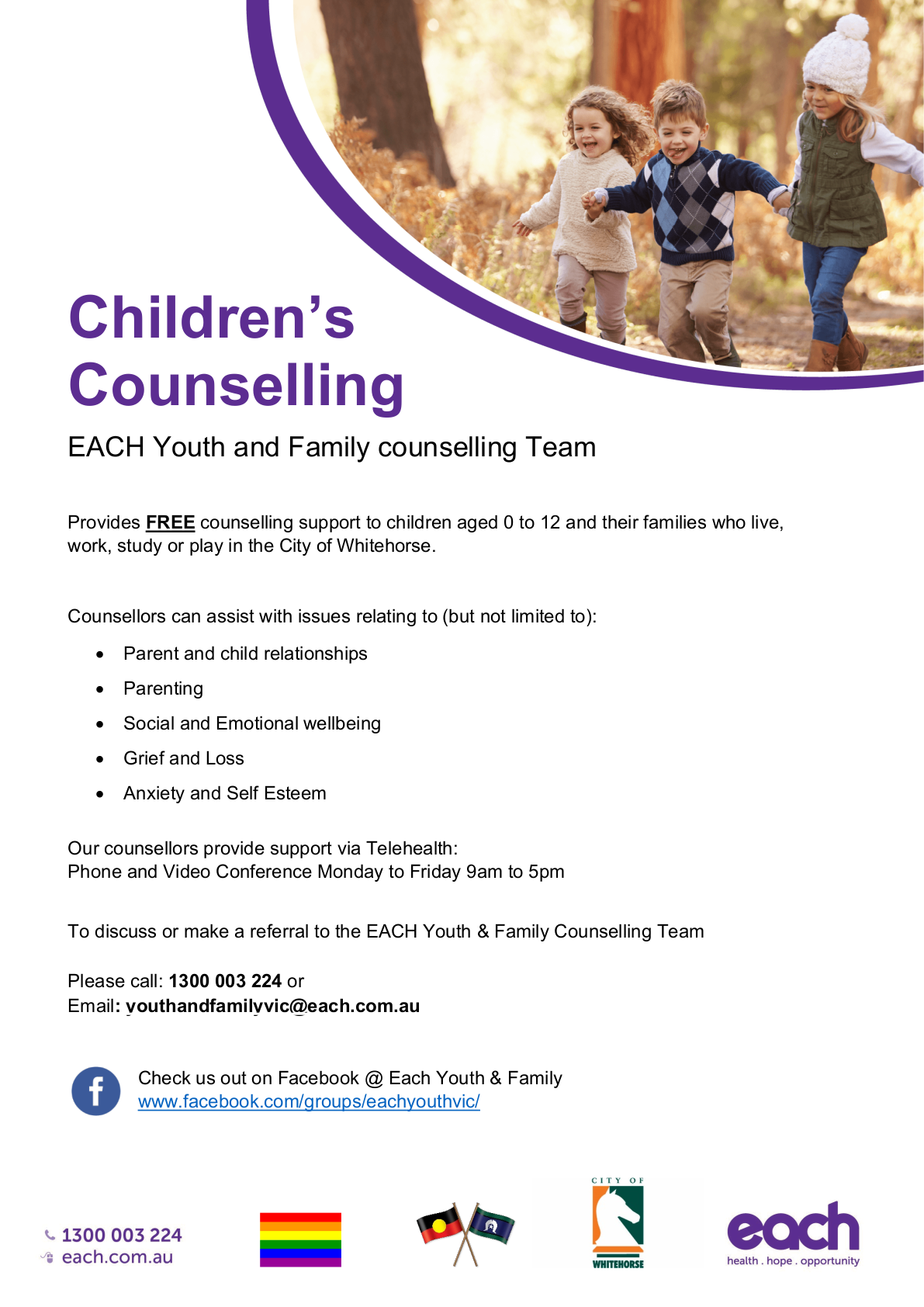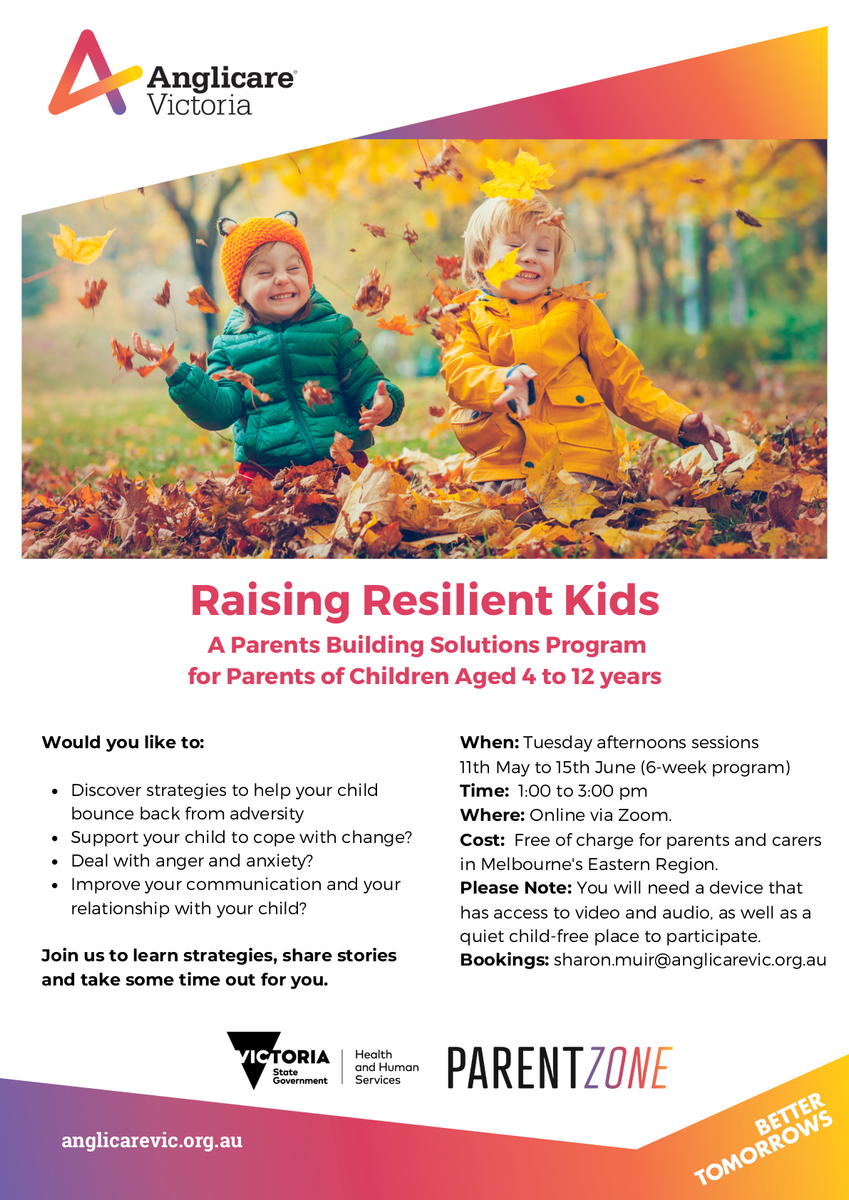Wellbeing

Self Management
This term our Social and Emotional Learning focus is on Self Management. This includes recognising our strengths and applying strategies when we feel negative emotions to help regulate ourselves. Feelings of stress are one of those things we all need to be able to regulate. Below is a description from BeYou on the causes and signs of stress as well as protective factors.
For more information please visit:
https://beyou.edu.au/fact-sheets/wellbeing/stress-management
What causes stress?
People experience stress for many reasons. One of the most common reasons is sudden or unexpected change but even positive changes can be stressful. Expected changes – such as a child or young person starting at an early learning service or school, or changing schools – can be also stressful.
Stress can be a response to a single event or might be prolonged, cumulative stress. Overwhelming stress impacts our physical and mental health, relationships, learning and development, and capacity to fulfil our roles (for example, parenting, working or studying). Changes can happen in many aspects of a person’s life at the same time, including shifts in their:
• physical environment (such as moving house or starting a new job)
• social environment (starting at a new school, feeling isolated after moving somewhere new, feeling they can’t control or influence their environment)
• economic circumstances (such as an unexpected financial loss, large expense or job loss).
It’s important to remember that stress is not anxiety – an anxiety condition is when someone:
• has anxious feelings which are consistently very intense
• have feelings that persist well after the stressful event has passed
• are so distressed that it interferes with their capacity to learn, socialise and do everyday things.
Examples of protective factors for children and young people faced with stress include:
• a stable and warm home environment
• a belief in themselves that they can manage based on past experiences
• an optimistic outlook and hopefulness about the future
• social and emotional skills, such as being able to recognise and talk about emotions
• good communication skills
• previous experiences of asking for and receiving support when they need it
• strong relationships with family, peers and educators
• a supportive environment in their early learning service or school • routines and consistency in their lives
• achieving developmental milestones
• play and participating in a range of interests (like reading, art, sport and music)
• being in good physical health
• having access to supports if required, such as a mentor or counsellor.
Wellbeing Support for Children and Parents from Whitehorse Council




